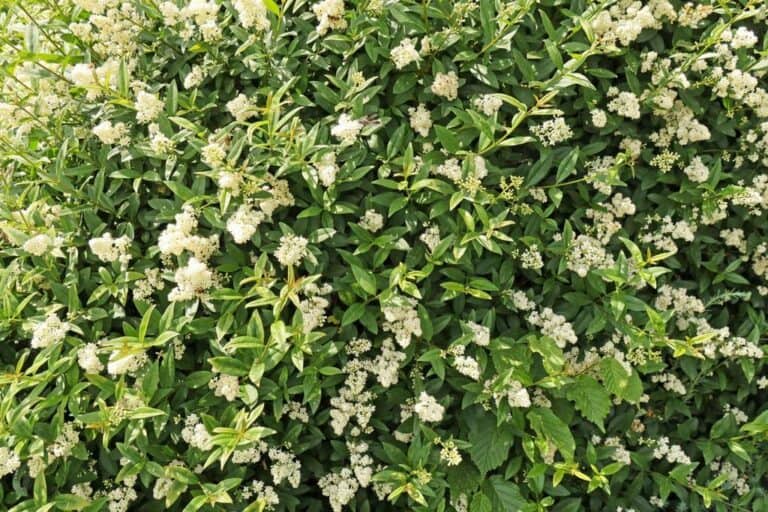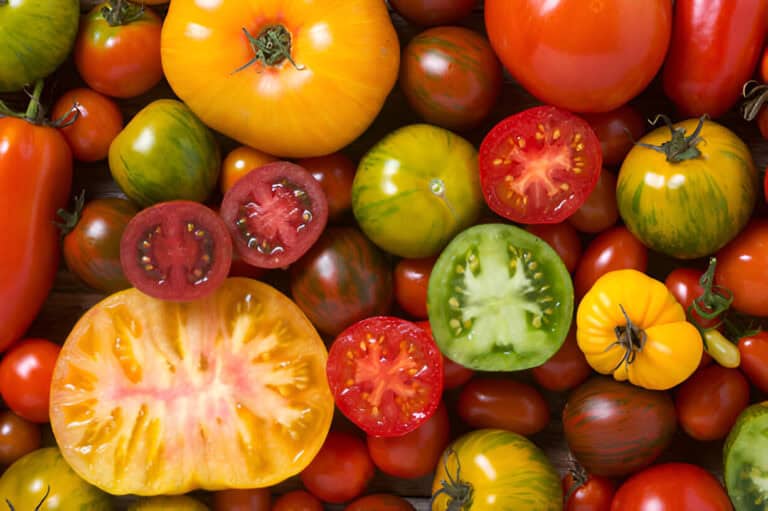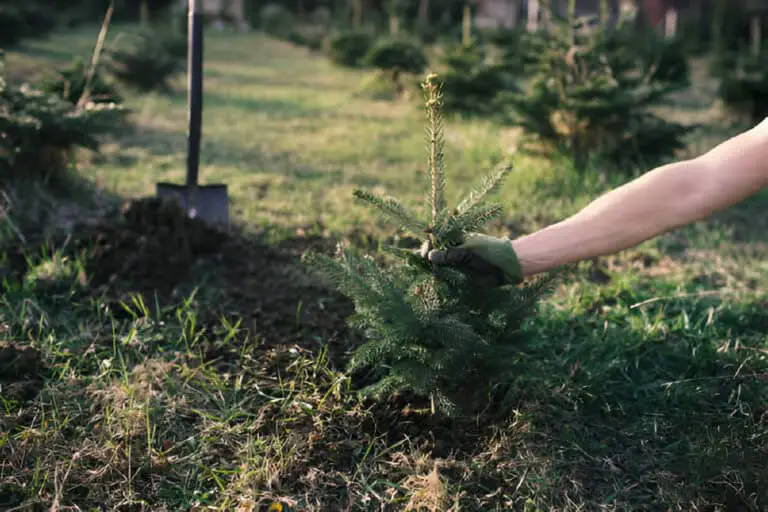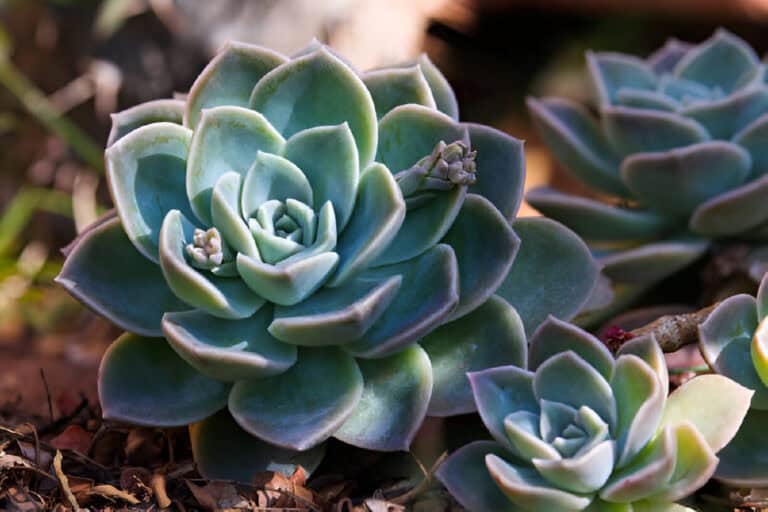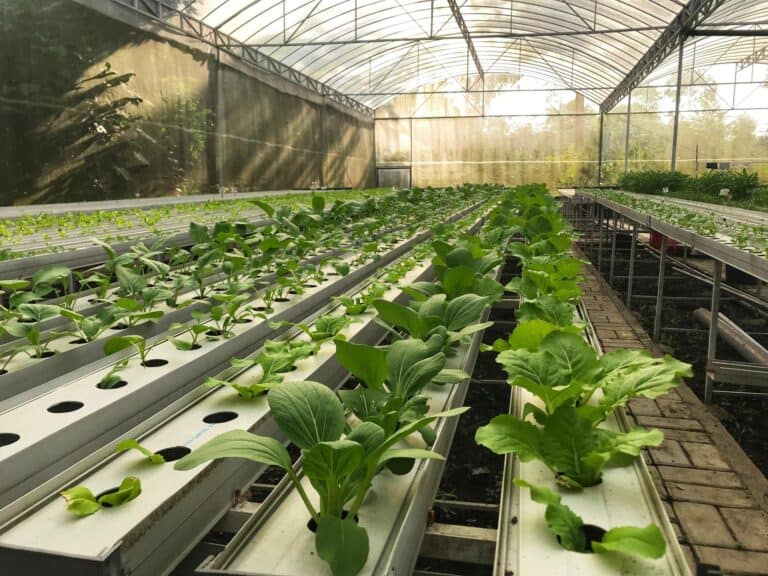Carrot Companion Plants: What Grows Good and Bad with Carrots?
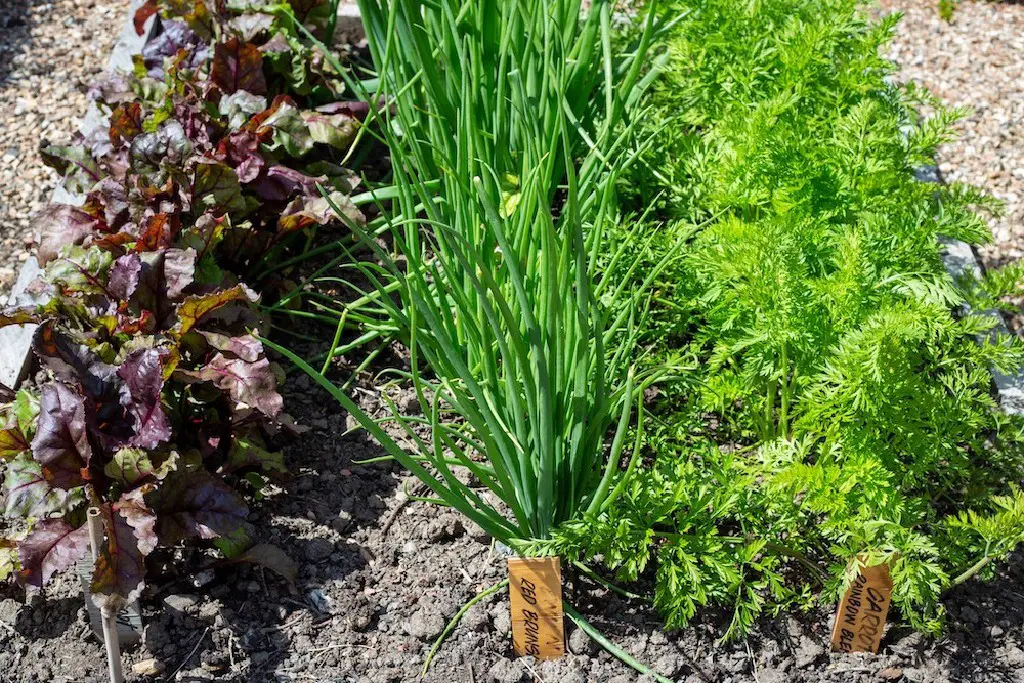
Do you need to know why and what companion plants should be planted with carrots? Do you want to maximize the growth and health of your carrot crop?
Look no further! In this article, we’ll dive into the world of companion planting and reveal the best and worst plants to pair with your carrots. From herbs to flowers and vegetables, we’ve got you covered.
So, whether you’re planting in a large vegetable plot or in containers on your balcony, read on to discover the secrets to a thriving carrot garden.
What is Companion Plants and Why They are Important
Companion planting is a form of polyculture, or planting different plants that are grown together to benefit one another. These plants were chosen because they have qualities that go well together.
As an example, instead of one bed of carrots and one bed of tomatoes, you’ll plant a bed of tomatoes, carrots, and chives. This type of gardening can lead to better use of space and less loss to insects or diseases that can ravage a whole bed of the same plant.
The Three Sisters, which are corn, squash, and beans, may be the most successful combination of plants ever.
Benefit of Companion Planting
1. Fix Nitrogen in Soil
One important aspect of companion planting is the ability of certain plants to fix nitrogen in the soil. Legumes, such as beans and peas, are known for their nitrogen-fixing properties and are often grown in close proximity to other crops that require a lot of nitrogen, such as corn and potatoes. These plants help to improve soil fertility, making it easier for other plants to thrive.
2. Pest Control
Another benefit of companion planting is pest control. Some plants produce strong scents that can repel pests, such as marigolds, which are often grown near tomatoes to keep away nematodes. Other plants, such as nasturtiums, can act as decoys and attract pests away from the main crop. This can reduce the need for pesticides, making the garden more environmentally friendly.
3. Biodiversity.
Companion planting can also help the health of the garden as a whole by making it more diverse. Beneficial insects and other animals, like bees and ladybugs, need a variety of plants to live in. Bees and ladybugs pollinate crops and get rid of pests. This not only helps keep the ecosystem healthy, but it also makes the garden look nicer and more interesting.
4. Provide Shade and Support
One of the main benefits of companion planting is that it helps plants provide shade or support for one another. When plants are grown close to each other, they can protect each other from too much sun or wind by giving each other shade or a natural structure to hold on to. This can be especially beneficial during the hot summer months, when excessive heat may damage crops.
Companion Planting Carrots & Tomatoes
Tomatoes are warm-weather plants that grow above the ground. Carrots are a cool-weather crop that grows below the ground. It makes sense that these two grow well together.
Carrot plants get shade from tomato plants, and the solanine that tomatoes make kills bugs that eat carrot plants. Carrots let air into the soil around the roots of tomato plants, and their top growth shades the soil at the base of the plants, which helps the soil hold more water.
There is a book originally published in 1975 titled “Carrots Love Tomatoes.” It’s a good title and definitely has some merit, but there are many plants that grow well with carrots.
Carrot Plants With Onions, Leeks, Garlic & Chives
Onions, leeks, garlic, and chives are all aromatic plants that will help to keep away carrot flies attracted to the plant by smell. Carrot flies can destroy crops of carrots and similar plants like parsnips, celery, and dill by laying eggs near the vegetable plants mentioned, which once hatched feed on these crops. You may notice foliage turning brown or not find out that these guys are eating your root crops until you dig them up.
If you do have a problem with carrot flies, try companion planting these odiferous plants and moving the carrot plants to a different part of the garden next year to avoid any fly pupae that are dormant in the soil.
Chives are also known to repel aphids, which attack celery, lettuce, peas, and others. Another benefit of chives is their purple flower heads, which attract pollinators to the garden. I’ve read that planting chives near carrots can make them taste better, feel better, and grow longer. I couldn’t find an explanation for this, but if anybody knows or has any theories, I’d love to hear them.
Plant Carrots With Radishes
Planting carrots next to radishes is an idea I got from YouTuber Back to Reality. The premise is that radishes that finish up in four weeks will provide a nice space for carrots to grow into as carrots start to grow underground. Most carrots take 70 to 80 days to reach maturity after they sprout.
Plant Carrots With Legumes
Legumes like peas and pole beans are nitrogen fixing plants. This means they take nitrogen from the air and put it into the ground. Nitrogen is the primary nutrient for plant growth and the most important of the three macronutrients: nitrogen, phosphorus, and potassium (N-P-K). This makes legumes great companion plants for just about any type of plant, carrots included.
The way that legumes do this is through a symbiotic relationship with certain soil bacteria that take up residence in the legumes’ root systems. The bacteria that live in the host legume’s root system are the organisms that fix nitrogen. producing the nitrogen the legumes use for growth and leaving the soil richer with nitrogen.
Sometimes legumes are not as selective and will take up bacteria that are not as effective at fixing nitrogen in their roots. This soil inoculant will add bacteria strains that are effective at fixing nitrogen, increasing the odds that the bacteria the legumes take on are holding up their end of the symbiotic relationship.
Companion Plant Carrots & Herbs Like Rosemary and Sage
Rosemary and sage are two herbs that don’t grow well next to other herbs. They are good companion plants for carrots because of their strong smell, which protects the plants from carrot flies.
Avoid Planting Carrots Near These Plants
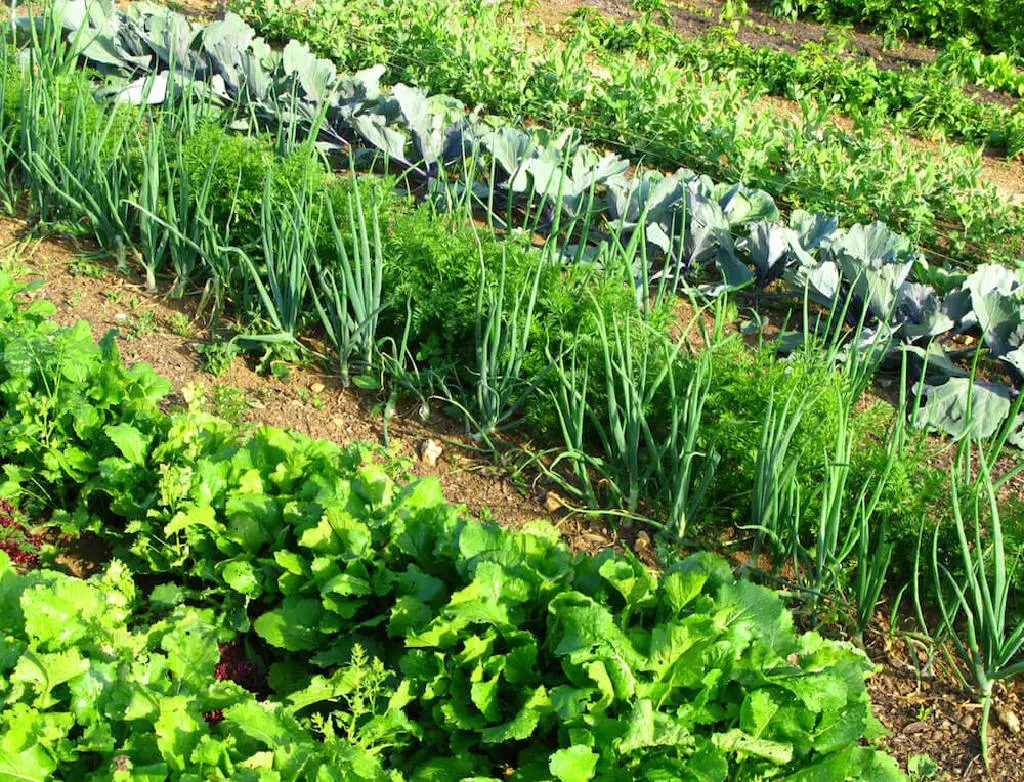
Potatoes, cabbage, fennel, broccoli, cauliflower, dill, and parsnips all should be planted away from carrots. In general, root crops should be planted far apart because they will compete for the same nutrients, especially phosphorus.
Dill and fennel both produce compounds that are harmful to carrots. Fennel attracts pests that do damage to a number of garden vegetables, so it’s a good thing to plant away from the main garden to keep pests away.
Parsnips, celery, and dill all attract carrot flies, so it’s best to avoid planting them near each other as it makes a nice buffet for those guys. Parsnips
Good Companion Plants for Carrots (List Summary)
- Herbs: Chives, Parsley, and Dill.
- Flowers: Marigold, Nasturtium, and Borage.
- Vegetables: Peas, Lettuce, and Radish.
Bad Companion Plants for Carrots (ListSummary)
- Umbelliferous plants: Fennel, Coriander, and Caraway.
- Nightshade plants: Tomatoes, Potatoes, and Eggplants.
- Root crops: Garlic, Onions, and Shallots.
Conclusion
Companion planting is a powerful tool for maximizing the health and yield of your carrot crop. By planting the right companions, you can keep pests away, improve the health of the soil, and give your carrots other benefits. Whether you’re planting carrots in a large garden plot or in pots on your balcony, it’s important to know which plants go well with them and which ones you should avoid.
In this article, we’ve talked about the best and worst herbs, flowers, and vegetables to grow with carrots. Carrots go well with chives, parsley, dill, marigolds, nasturtiums, borage, peas, lettuce, radish, and dill. On the other hand, umbelliferous plants like fennel, coriander, and caraway, nightshade plants like tomatoes, potatoes, and eggplants, and root crops like garlic, onions, and shallots are not good companion plants for carrots.

